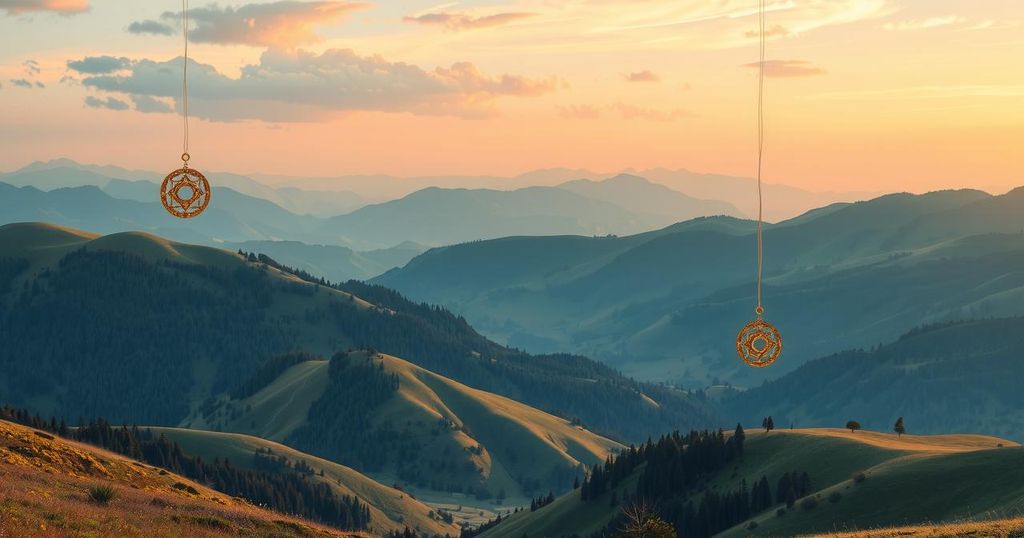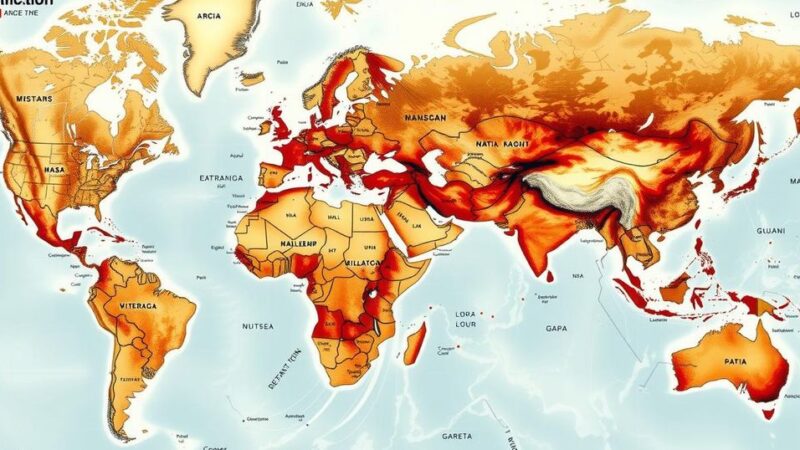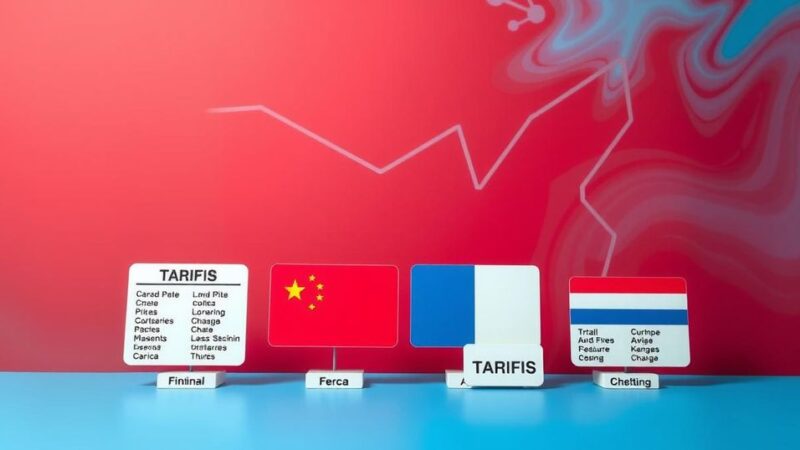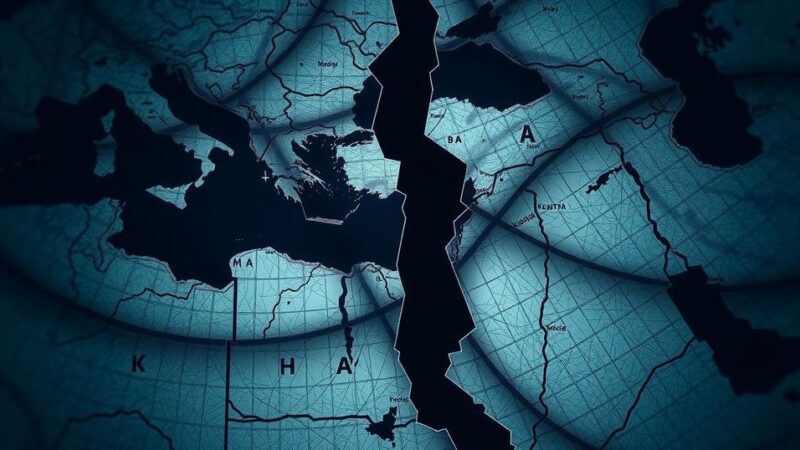The Druze delegation’s visit to Israel marked a significant event after 50 years, highlighting cultural and religious connections. The gathering received positive receptions but faced criticisms regarding normalization. Hamed Amar emphasized the importance of enduring ties while expressing concerns over regional security and the state of affairs in Syria. Future visits are encouraged to continue bridging gaps within the Druze community.
A delegation of over 150 Druze clerics and dignitaries made a historic visit to Israel last weekend for the first time since 1974. Coordinated at the highest levels of security and diplomacy, the group included individuals from the Hader area, adjacent to the Israeli Golan, and visited significant holy sites, such as the Tomb of Jethro, while also participating in ceremonies celebrating Druze heritage.
During their two-day visit, the delegation engaged in a warm reception with their Israeli counterparts and met Sheikh Muwafaq Tarif, the spiritual leader of the Druze in Israel. They attended the dedication of a Kilhweh prayer house in Peki’in and participated in the annual “Sheikhs’ March,” promoting Druze cultural identity within Israel. This gathering reflects a long-standing cultural connection between Druze communities across borders.
Hamed Amar, a Member of Knesset from the Yisrael Beiteinu party, expressed the significance of the reunion, stating, “The Druze are all connected everywhere they are, like one big family.” He emphasized that the visit was rooted in religious and community ties, distinctly separate from political issues affecting the region. The last exchange occurred prior to 1974 due to a demilitarization agreement, which had restricted familial and cultural interactions.
However, the visit faced criticism from some members of the Arab community, viewing it as a normalization initiative. Amar defended the gathering, noting the extensive work relationships between Palestinians and Israelis, arguing the disproportionate focus on this particular event. He commented on the evolving situation in Syria but expressed concerns regarding the current regime, stating, “The ones who seized power in Syria are ISIS, nothing less.”
In light of the complexities surrounding national security, Amar articulated the need for vigilance against extremist threats emanating from Syria, asserting that such clashes would ultimately affect the Israeli border. He conveyed a commitment to safeguard both state and community integrity while calling for continued connections among Druze people.
As the conversation shifted to future engagements, Amar expressed hope for additional gatherings between the Druze in Israel and their counterparts from Syria. Reflecting on the recent visit, he shared the emotional impact on delegates, many of whom were overwhelmed with joy and nostalgia.
The historic visit of the Druze delegation from Syria to Israel underscores the enduring connections within the Druze community, rooted in deep cultural and religious ties. Despite some criticism and the complex political backdrop, this event signifies a hopeful step towards ongoing dialogue and reconnection. Hamed Amar’s remarks highlight both the personal and communal significance of such encounters, while raising awareness about regional security concerns. Moving forward, opportunities for further reunions remain a priority for fostering unity among the Druze people across borders.
Original Source: www.jpost.com






